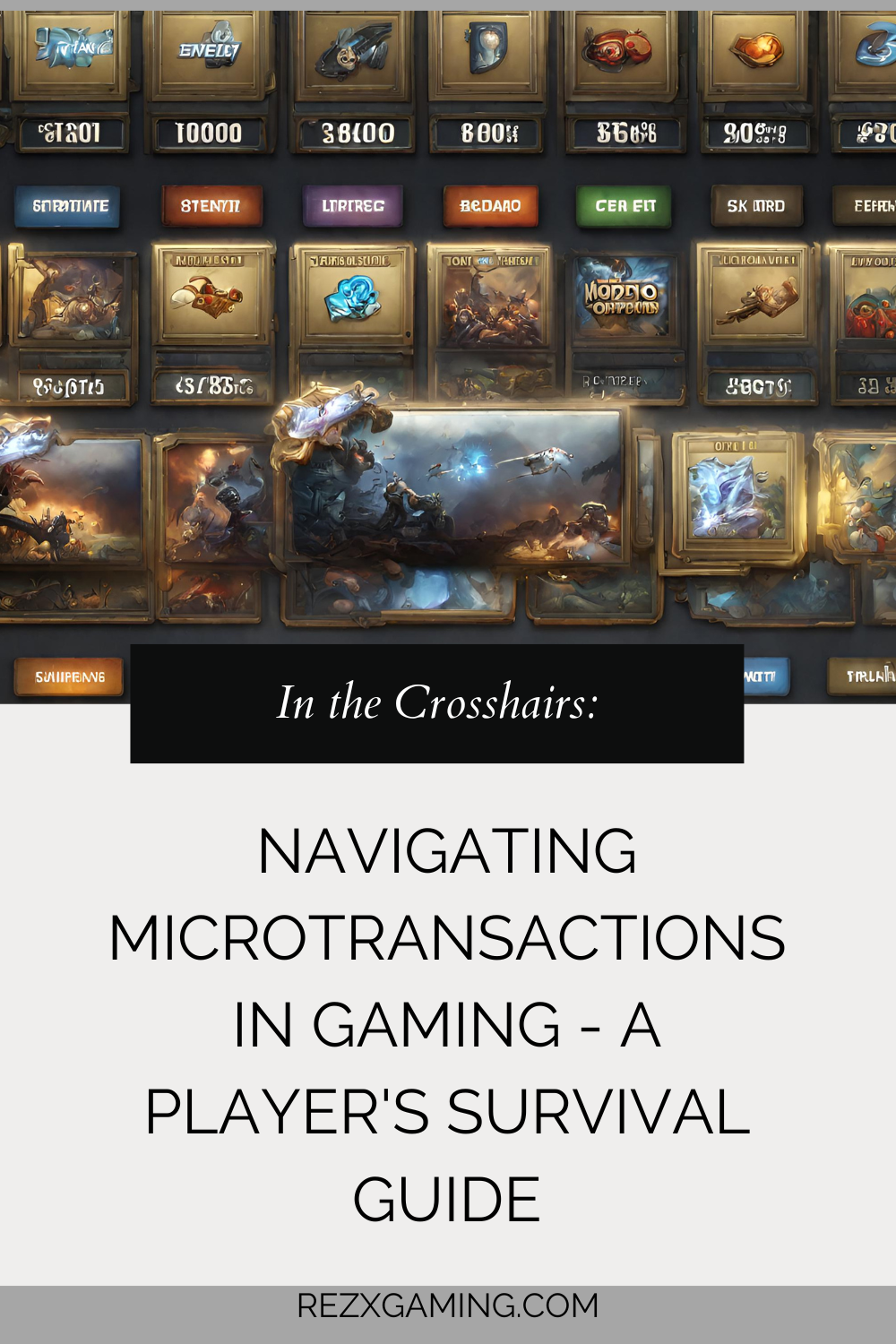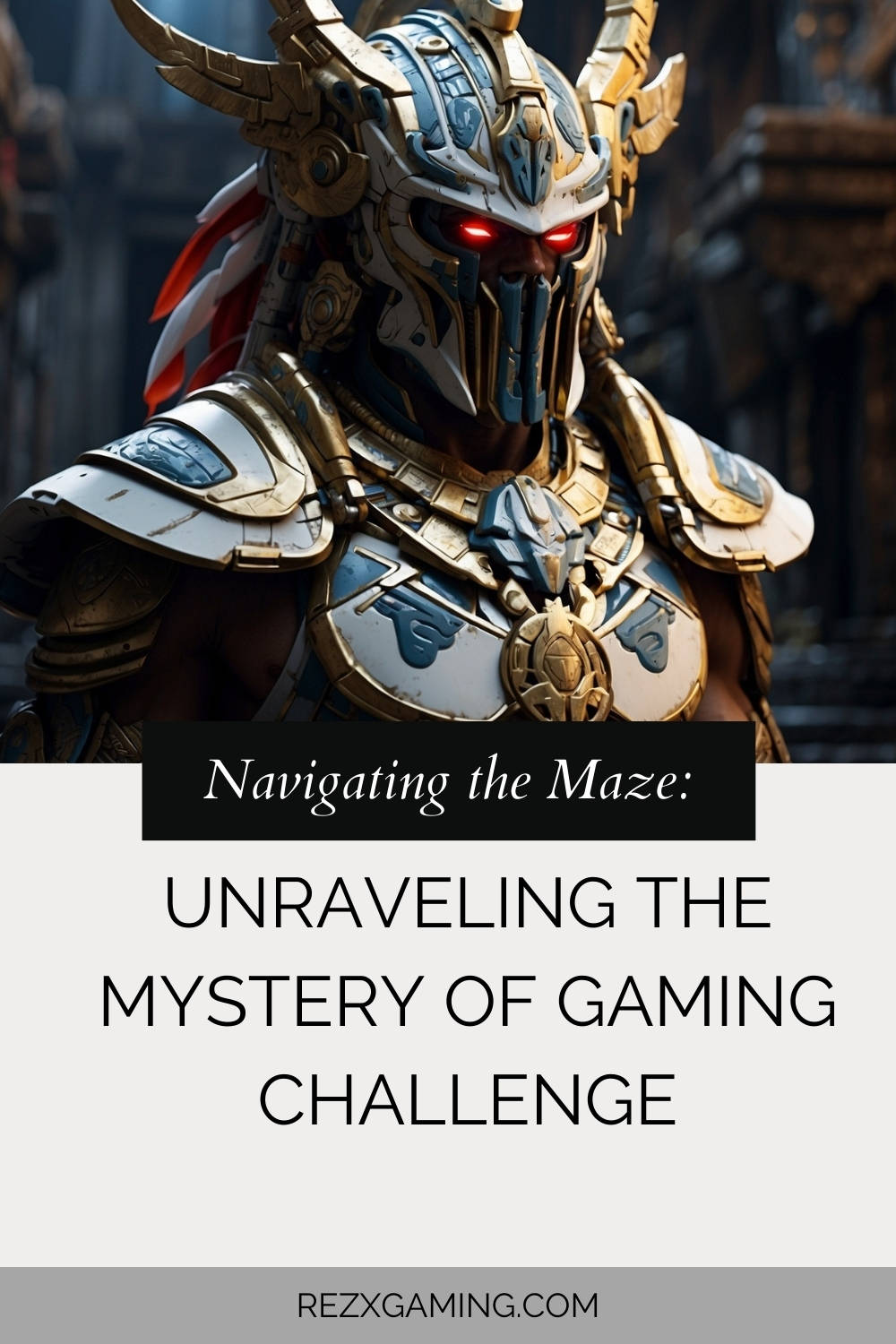
In the high-stakes world of video game development, success is never guaranteed, and for every blockbuster hit, there are those games that fall short of expectations, resulting in significant financial losses. From ambitious projects plagued by development woes to marketing missteps and critical flops, the gaming industry has seen its fair share of costly failures. In this blog post, we’ll take a closer look at some of the most notable video games that lost the most money, examining the factors that contributed to their downfall and the lessons we can learn from their failures.
The Anatomy of a Financial Flop:
Before delving into specific examples, it’s essential to understand the factors that can contribute to a video game’s financial failure. Rising development costs, missed release dates, poor critical reception, and marketing misfires are just a few of the many challenges that developers may face. Additionally, shifting market trends, unexpected competition, and changing consumer preferences can further complicate matters, making it difficult for even the most well-intentioned projects to succeed.
Notable Examples of Video Games That Lost the Most Money:
Anthem

“Anthem” by BioWare: While Electronic Arts (EA) did not disclose exact figures, reports suggest that the development and marketing costs for “Anthem” were substantial, likely exceeding hundreds of millions of dollars. The game’s disappointing sales and critical reception resulted in significant financial losses for both BioWare and EA.
Star Wars: The Old Republic

“Star Wars: The Old Republic” by BioWare Austin: Development costs for “Star Wars: The Old Republic” were estimated to be over $200 million, making it one of the most expensive video game projects of all time. Despite a strong launch and initial player interest, the game’s subscription-based revenue model proved unsustainable in the long run, resulting in ongoing financial losses for EA.
Final Fantasy XIV

“Final Fantasy XIV” by Square Enix: While specific figures for the original version of “Final Fantasy XIV” are not publicly available, reports suggest that the game’s troubled development and subsequent reboot with “Final Fantasy XIV: A Realm Reborn” resulted in significant financial losses for Square Enix. The company incurred expenses related to both the initial development and the overhaul of the game.
Duke Nukem Forever

“Duke Nukem Forever” by 3D Realms and Gearbox Software: Development costs for “Duke Nukem Forever” were estimated to be around $20-30 million over its prolonged development cycle, spanning more than a decade. Despite high hopes and anticipation from fans, the game’s lackluster reception and tepid sales led to financial losses for both 3D Realms and Gearbox Software.
Disney Infinity

“Disney Infinity” by Avalanche Software: While specific financial figures for the “Disney Infinity” series are not publicly disclosed, reports suggest that production costs for the toys-to-life game were substantial, likely reaching hundreds of millions of dollars. Declining toy sales and changing market trends ultimately led to the cancellation of the series, resulting in financial losses for Disney Interactive Studios.
Lessons Learned and Moving Forward:
While the failures of these games may be disheartening, they also provide valuable lessons for developers and publishers alike. From the importance of clear vision and effective project management to the need for robust quality assurance and responsive community engagement, there are many factors that can influence a game’s success or failure. By learning from past mistakes and embracing a culture of innovation and adaptation, the gaming industry can continue to evolve and thrive in an ever-changing landscape.
Conclusion:
In the unpredictable world of video game development, financial success is never guaranteed, and even the most promising projects can falter in the face of adversity. The examples of “Anthem,” “Star Wars: The Old Republic,” “Final Fantasy XIV,” “Duke Nukem Forever,” and “Disney Infinity” serve as sobering reminders of the risks and challenges inherent in creating interactive entertainment. By studying these failures and embracing a culture of transparency, accountability, and continuous improvement, the gaming industry can forge a path toward a more sustainable and prosperous future.






